WHAT'S THE
BIG IDEA?
WHAT'S DRVING THE NEED FOR CHANGE?
- Renewable fuel
- Reduced use of fossil fuels
- Energy independence
- Fuel security
- Carbon rich biofertiliser pellets
- 100% peat-free compost
- Reducing greenhouse gases
- Reducing odours
- Job creation
- Economic boost
- 100% waste diverted from landfill
Compost is the result of the natural decomposition of organic waste. You may have a compost bin in your garden but even if you don’t, it’s almost certain you’ll know what one is. So, you’ll know that it’s quite a simple process and may wonder why there’s the need for technology to be used to make it. There’s several reasons.
First, there’s the amount of organic waste produced. If every home had a compost bin, it would come nowhere close to providing the capacity we need to properly process the amount generated by homes, agriculture and other activities.
Secondly, the decomposition of organic waste creates methane – a gas 20 times more harmful to the climate than CO2. This needs to be controlled (and when it is, it can be put to good use rather than harm the environment).
In order to sustain ourselves, agriculture has become increasingly more intensive which has the effect of decreasing the nutrients in the soil. Compost is a very effective way to counter this; putting back what we take out.
This also helps to support something called drawdown – a process where soil absorbs CO2.
And it also helps soil to retain moisture which reduces the risk of flooding.
Envar are already addressing these issues – and doing well. But what about tomorrow? Looking to the immediate and longer term future highlights several factors that shows we need to start putting in place the measures now that will benefit all of us tomorrow and for future generations.
Renewable energy & carbon emissions
Fuelling the future
With increasing concerns about the reliance on fossil fuel imports, the lack of energy independence and a concern about fuel security in the UK, government policy is to produce renewable green gases.
Our project will provide solutions to some of these concerns. Production of biomethane at the site will be used as a biofuel and to supply green gas to the grid - this supports government policy for the production of renewable energy through the Green Gas Support Scheme.
Government also has a policy to reduce carbon emissions. Our peat-free compost and biofertiliser pellets, will contribute to carbon reduction. Our pellets offers a 90% reduction in carbon dioxide equivalent emissions compared to traditional chemical based fertilisers.
Carbon capture & supply
There is a drive to capture carbon dioxide and send it for use in growing media, beverage production, fuel cell CO2 energy extraction for low carbon electricity production or similar appropriate uses where appropriate. Our plans allow for such carbon capture.
Digestate from our Dry AD plant will be mixed with waste carbon dioxide to produce a nutrient rich and carbon capturing biofertiliser pellet. This pellet offers a 90% reduction in carbon dioxide equivalent emissions compared to traditional chemical based fertilisers. This fits with Govt policy for carbon capture, Net Zero by 2050 and the transition to the new farming incentive scheme (ELMS) which will reward farmers for more sustainable farming practices and reduce the reliance on chemical fertilisers.
Recovered heat
Recycling solutions
There is a government focus on recycling of waste materials to create new products and divert waste from landfill.
There has been an increase in the quantity of healthcare waste being generated in the UK due to the COVID 19 pandemic.
Our project will recover energy from healthcare waste, for use in our organic waste treatment process reducing our need to use fossil fuels and avoiding the waste going to landfill.
Local benefits
Reduction in odours
The odours that come from composting is a result of the natural process of decomposition. It’s harmless but can be unpleasant. Envar have already invested in odour reduction technology which has reduced the problem. But around 60% of the current composting process has to be done outside where it is more difficult to control odours. The new AD project will use an enclosed system for composting which will significantly reduce odours further.
Supporting the community
Envar has a Local First policy giving preference to local businesses, supporting local charities, schools and employing local people. Our proposed developments will represent a boost to the local economy of tens of millions of pounds and creating more jobs for local people.
